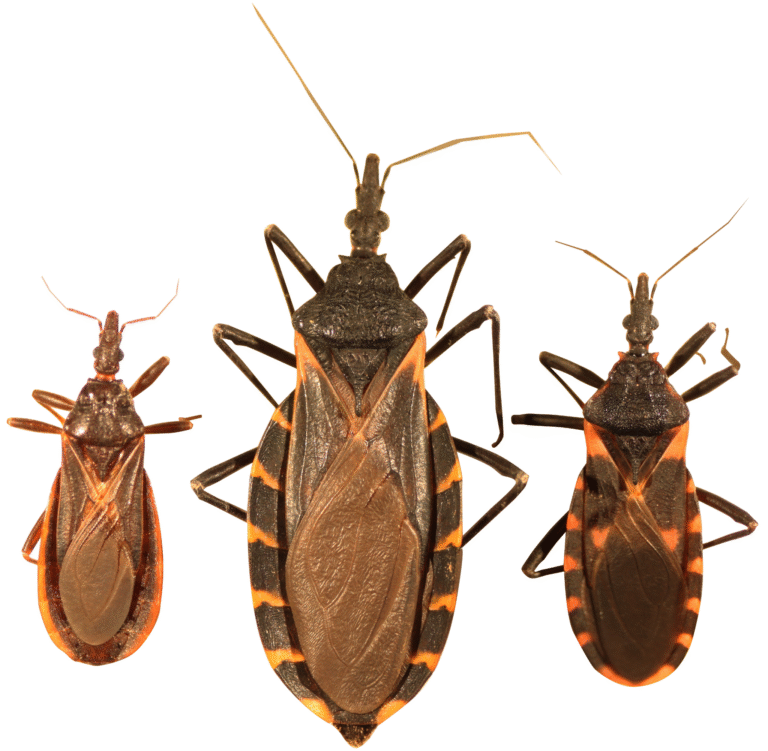Introduction
Why One Trial Shook the Healthcare Sector
Small Keto Diet Context
One of the most well-known eating strategies worldwide is the ketogenic (keto) diet. By considerably reducing carbohydrates and embracing fat, the objective is to convert your body into a fat-burning condition known as ketosis. But whereas many vouch for its weight loss prowess, others have long warned about its effects on cardiovascular health; now a fresh study has reawakened those worries.
Finding the Keto Diet
What distinguishes the Keto Diet?
High in fat, medium in protein, and very low in carbs—usually less than 50 grammes a day—the keto diet is This causes your body to use fat for energy rather than glucose.
The Scientific Basis of Ketosis
When carbs are limited, the liver transforms fats into ketones, which become your main source of energy. This process, known as ketosis, is natural but is not how the body usually operates on a modern diet rich in spaghetti, bread, and sugars.
Keto vs. Other Low-Carb Diets
Although Atkins and Paleo also restrict carbs, keto takes it to another degree. Atkins lets in more protein; Paleo emphasizes food quality. Keto, though, restricts carbs and sometimes calls for high saturated fats—the center of the conflict.
The Controversial Trial
Who carried out the research?
Dr. Christopher Gardner of the University of British Columbia led this trial. It followed the cholesterol levels of 29 healthy adults on a ketogenic diet for 12 weeks.
Results and Important Discoveries
The outcome? Almost every participant had a significant increase in LDL cholesterol. That is the so-called “bad cholesterol” frequently related to heart disease. For some, degrees doubled or tripled; any metric would provide alarming numbers.
The cholesterol controversy resurfaced.
This is where matters heated up. Keto opponents jumped to claim, “We told you so!” But keto supporters wondered if LDL alone tells the entire story. It is like accusing a fire only for the presence of a fire truck nearby.
The riddle of LDL cholesterol
What exactly is LDL and why is it so important?
Carriers of fat in your blood are low-density lipoprotein (LDL) cholesterol. Too much can adhere to arterial walls, developing plaques — the recipe for a heart attack.
The surprising LDL outcomes of the Trial
More startling even than the rise in LDL was how great it was. Some observed rises above 100 mg/dL—the kind of surge that gets flagged right away in medical environments.
Opponents of the LDLCentric View
Some experts contend that we should be examining inflammatory markers or LDL particle size rather than only total LDL. They argue keto lowers triglycerides, cuts blood sugar, and increases HDL (“good” cholesterol), therefore complicating the entire picture.
Nutrition Science Distanced
Advocates of High Fat Fire Back
Keto experts such as Dr. Eric Westman maintain that the advantages of keto exceed the rise in LDL. They claim to see weight reduction, insulin reduction, and mental clarity. “Why focus on one biomarker?”
Counterarguments Based on Plants
At the same time, plant-based proponents such as Dr. Caldwell Esselstyn doubled down: meat and fat kill your heart. Time. For them, this trial was proof that keto is dangerous.
How Pharma and Food Companies Participate in the Argument
Some conspirators claim that Big Pharma wants you on statins rather than meat. Others claim Big Food promotes carbohydrates as they are inexpensive and addictive. Either way, there is much noise.
Public and Media Reactions
Wired’s Viral Article Explained
Wired’s thorough article highlighted the emotional fights behind the science. Over a diet, researchers sobbed, yelled, and even accused one another of impropriety.
The Part of Social Media in Fanning the Flames
People chose sides as though it were a political contest on sites like X (previously Twitter), Reddit, and TikTok. One tweet may send thousands into defiance or panic.
The role of social media in fueling the fire
On platforms like X (previously Twitter), Reddit, and TikTok, people chose sides as if it was a political contest. One tweet can drive thousands into terror—or rebellion.
Public skepticism and ignorance about science
The average person is left wondering, Whom should I believe with so many voices yelling at once?
Ethical Issues in Research in Nutrition
Research Funding and Bias
Did vegan groups or anti-meat groups pay for the research? Critics wonder about that. Intentional or not, whoever writes the check shapes the result.
Narrative control belongs to whom?
In the government, the media, and influencers, the loudest voice typically triumphs, not the most accurate one.
Health consequences for regular people
Should one be concerned regarding LDL?
Should your LDL rise on keto, it is a warning sign that should be discussed with your doctor. Do not overlook it. But also, don’t worry; context counts.
Significance of this trial for keto enthusiasts
It does not imply that ketogenic is evil. However, it does indicate monitoring blood work is vital. One body’s food may not be fit for another.
Experts are saying what?
Leading Cardiologist Views
Many cardiologists are still wary, claiming that high LDL is always bad. Others are more receptive to complexity.
Nutritionists Comment
Dietitians highlight balance. “Keto is not a license to eat butter sticks,” one laughed. Variety and whole foods still count.
The Grand Picture
Do One-Size-Fits-All Diets Exist?
Nah. Your health condition, way of living, and genes all contribute. The actual path ahead could be personalized nutrition.
The Urge for Tailored Nutrition
Consider it a fingerprint; your body reacts differently to what you eat. What helps one may harm another.
The Course of Dietary Guidelines Going Forward
Reconsider Keto?
Perhaps. Governments may rethink as more information gathers. But don’t expect quick changes.
Government Role in Nutritional Recommendations
They negotiate a tight path between science, business, and public opinion. Not a simple job.
The Lesson
This keto experiment revealed growing LDL rather than merely showing it. It showed the fissures in our rhetoric on science, health, and diet. It showed how political, emotional, and personal food selections are.
Should one lesson emerge here, it is this: do not unquestioningly follow fashions. Test, understand, and change. Your health merits that kind of care.
Frequently Asked Questions
1. What exactly did the contentious keto experiment find?
It discovered a considerable rise in LDL cholesterol levels in many keto diet participants, therefore raising questions regarding heart health hazards.
2. Is keto still seen as a good diet?
It depends on whom you inquire of. Some view it as a strong weapon for insulin management and weight loss, whereas others caution about cardiovascular risks.
3. Should I be concerned if my LDL rises while I am on keto?
Yes, you ought to see your doctor and keep an eye on it. It demands suitable context and medical advice; it’s not always harmful.
4. Why is among experts so much variance?
Nutrition science is complicated, frequently contradictory, and affected by several interpretations, personal prejudices, and even politics.
5. To be safe, can I adhere to a modified keto diet?
Yes. Some opt for a “Mediterranean keto” approach, which emphasizes unsaturated fats, veggies, and lean proteins—a potentially safer middle ground.







